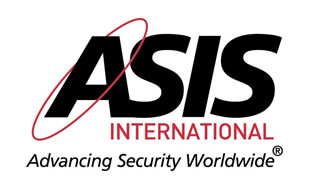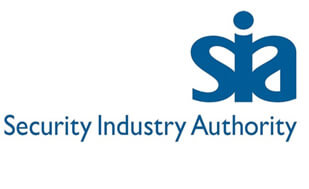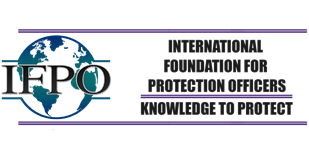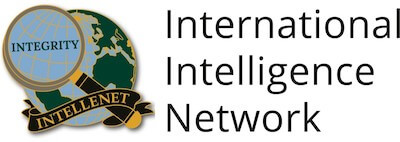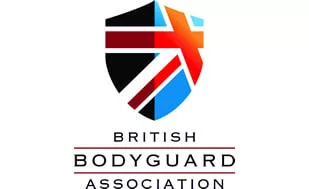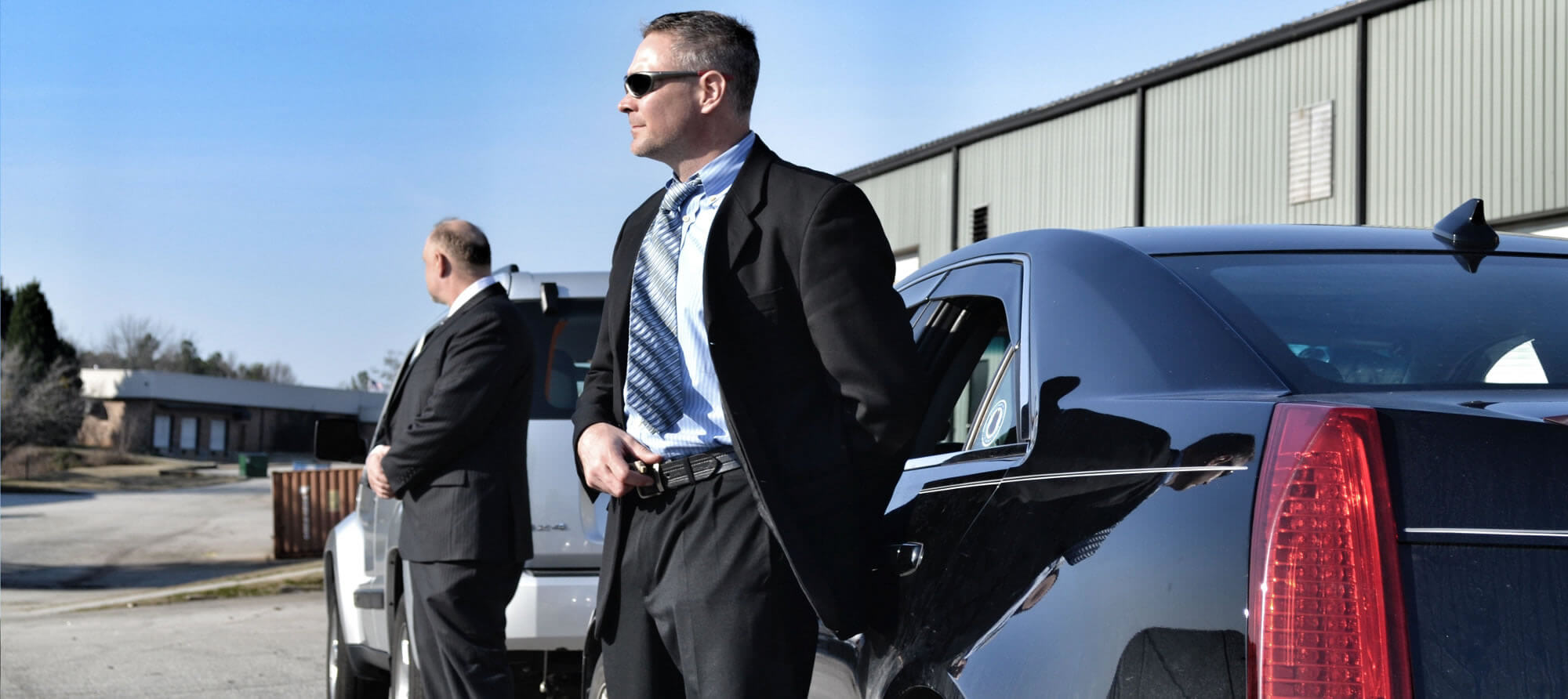
In a city where global diplomacy meets everyday life, your safety strategy must be as sophisticated as the challenges you face. Violent crime in Washington, D.C. dropped 22 percent during the first five months of 2025, yet police still recorded 1,180 violent offenses and more than 9,900 property crimes in that period. Headlines can shift overnight—May alone saw a sudden spike of 20 gun-related homicides after weeks of relative calm. Against this unpredictable backdrop, selecting the right personal security provider is one of the most consequential decisions you can make for yourself, your family, or your organization.
Below is a step-by-step guide to evaluating providers, spotting red flags, and partnering with a team that keeps you protected without disrupting your lifestyle.
1. Begin With a Clear Threat Profile
Before comparing companies, take stock of your unique risk factors:
- Public visibility – Are you regularly in the media spotlight, leading high-value negotiations, or holding public office?
- Travel patterns – Frequent trips between Capitol Hill, embassies, and private residences present different vulnerabilities than a largely remote schedule.
- Recent life changes – Lawsuits, acquisitions, or contentious public statements can raise threat levels.
- Household considerations – Children’s school routines, elderly family members, and domestic staff all influence protection planning.
Having a frank conversation about these variables helps you—and any prospective provider—identify the appropriate scope of services, from occasional event coverage to full-time executive protection.
2. Key Criteria for Evaluating Personal Security Firms
A. Licensing and Credentials
Washington, D.C. requires protective-services companies to hold a Security Agency License (SAB). Verify the provider’s license number and confirm that it is current. Samaritan Protective Services, for example, operates under License SAB200435 in D.C. and maintains parallel credentials in Virginia and West Virginia.
Tip: Ask to see proof of insurance and any specialty certifications (e.g., Service-Disabled Veteran-Owned Small Business status) to ensure financial stability and accountability.
B. Experience and Specialization
A firm that mainly offers retail security guards may not excel at close protection for high-net-worth families. Evaluate:
- Years in executive or VIP protection
- Backgrounds of senior leadership (military, law enforcement, intelligence)
- Case studies or anonymized examples similar to your situation
C. Personnel Vetting and Training
Quality protection hinges on the individuals assigned to you. Inquire about:
- Comprehensive background checks (criminal, financial, psychological)
- Medical and tactical certifications (CPR/AED, defensive driving, crisis-negotiation training)
- Ongoing refreshers—the field evolves, and so should skill sets.
D. Integrated Service Portfolio
Top-tier security is layered. Beyond bodyguards, look for:
| Service | Why It Matters |
|---|---|
| Advance Intelligence | Detects protest activity, online threats, and venue risks before arrival |
| Secure Transportation | Reduces exposure in traffic or during protests |
| Residential Security | Keeps loved ones safe 24/7 at home |
| Technical Surveillance Countermeasures (TSCM) | Protects sensitive conversations from eavesdropping |
| Mobile Surveillance Units (MSUs) | Provides rapid-deploy camera coverage at events or worksites |
A firm that can scale across these domains prevents dangerous “hand-offs” between vendors.
E. Technology Footprint
Modern threats move at digital speed. Confirm that the provider offers:
- Real-time GPS tracking for vehicles and agents
- AI-enabled video analytics to flag unusual behavior instantly
- Encrypted communications to safeguard confidential details
F. 24/7 Operations Center
A dedicated command-and-control hub ensures live oversight, immediate escalation paths, and continuous incident logging.
G. Data Security and Confidentiality
Your itinerary, personal habits, and family information are sensitive. Reputable firms store data on encrypted servers and require all personnel to sign strict NDAs.
H. Communication Style and Culture Fit
Protection should integrate smoothly into everyday life. Gauge whether the team:
- Speaks plainly about risks without sensationalizing them
- Adapts to your preferred level of visibility—high deterrence or low profile
- Provides concise briefing reports, not pages of jargon
3. Essential Questions to Ask During Interviews
- Which licenses and insurance policies cover my assignment?
- How do you vet and train your agents?
- What technology supports your protective teams on the ground?
- How do you handle real-time changes in schedule or threat level?
- Can you outline a sample protection plan based on my daily activities?
- How are incidents documented and communicated to me?
- What is your process for replacing an agent if a personality mismatch occurs?
Pro-Tip: Ask for a point-by-point explanation rather than a generic brochure. Detailed answers reveal operational depth.
4. Red Flags That Signal “Proceed With Caution”
- Vague answers about licensing or insurance
- One-size-fits-all pricing (even if you never asked about cost, uniform packages suggest limited customization)
- High staff turnover—consistent personnel changes can erode trust
- Lack of references in similar scenarios—experience in nightclub security doesn’t equal diplomatic convoy protection
- No written SOPs or crisis-response protocols—these should be standard, not optional
5. Why Many Clients Choose Samaritan Protective Services
- Full Licensing & SWaM Certification in D.C., Virginia, and West Virginia, plus a U.K. subsidiary for transatlantic continuity.
- Veteran Leadership—Service-disabled veterans guiding teams seasoned in high-threat environments.
- 24/7 Operations Center monitoring all assignments in real time.
- Technology + Human Insight—AI-enhanced Mobile Surveillance Units, encrypted comms, and professionally trained agents.
- Scalable Protection—from a single TSCM sweep to full estate security with armored transport.
6. A Proven Process for Peace of Mind
- Confidential Consultation – Share your lifestyle, travel plans, and concerns in a secure conversation.
- Risk Assessment – Analysts map vulnerabilities using crime data, open-source intelligence, and on-site surveys.
- Customized Plan – You receive a detailed proposal outlining personnel, technology deployments, and contingencies.
- Seamless Deployment – Agents integrate into your schedule, coordinate with staff, and remain as visible—or discreet—as you prefer.
- Continuous Optimization – Monthly reviews and live incident dashboards keep your protection ahead of evolving threats.
7. Next Steps: Turning Insight Into Action
Choosing a personal security provider is more than a checkbox; it’s a partnership that safeguards everything you value. Arm yourself with knowledge, ask pointed questions, and trust your instincts when evaluating culture fit.
If you are ready to discuss how professional protection can fit seamlessly into your life:
Call 866-906-2334 or email info@samaritanps.com for a confidential consultation today. Our team stands ready to design a security program tailored to the fast-moving realities of Washington, D.C.—so you can focus on what matters most.
Your safety deserves a thoughtful strategy. Let’s build it together.

